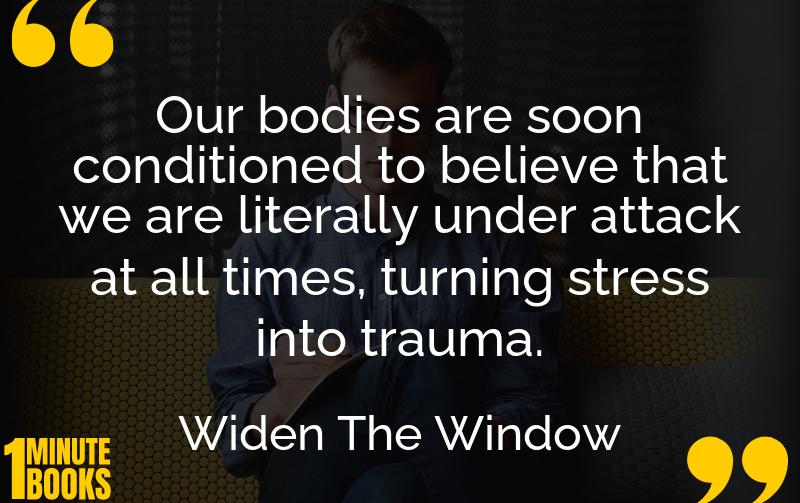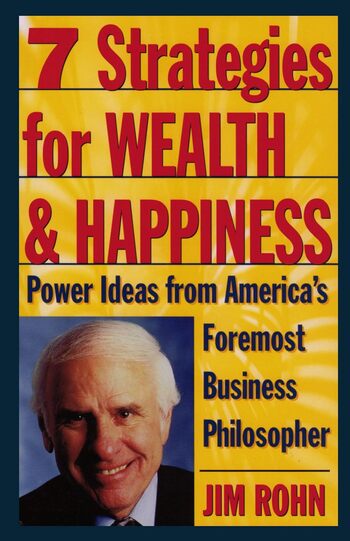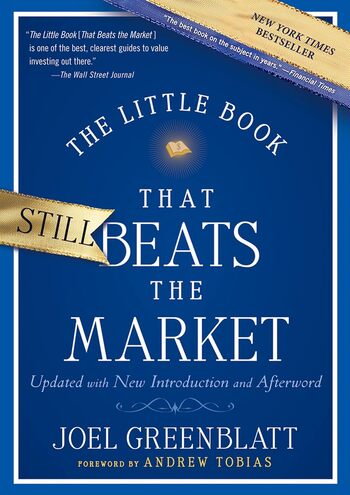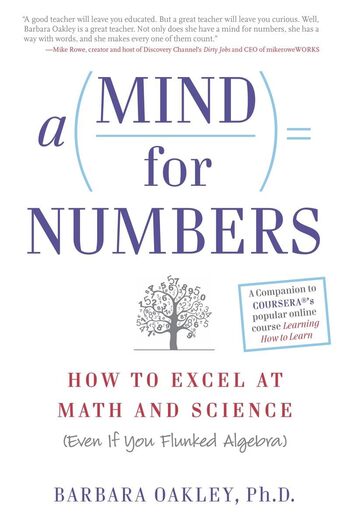
This book explores the concept of trauma, revealing its universality and how unresolved trauma affects daily life. It emphasizes the importance of widening our stress management capacity to foster recovery.
Main Lessons
- Trauma is a universal experience; it affects everyone, not just those in extreme situations.
- Stress and trauma are linked; chronic stress can manifest as trauma over time.
- Societal norms often glorify stress, leading to unhealthy coping mechanisms.
- Sleep deficits accumulate similarly to trauma, impacting physical and mental health.
- Our bodies remember stress, even when the mind believes it’s over.
- Emotional dysregulation is a symptom of unresolved trauma, leading to out-of-place emotional responses.
- A personal ‘window’ represents one’s ability to manage stress healthily.
- Chronic stress narrows our ‘window,’ making it hard to handle even minor stressors.
- Mindfulness and cognitive exercises help expand this ‘window,’ easing stress management.
- Engaging the thinking brain can help process trauma and counter primal survival instincts.
- Documenting traumas and coping mechanisms is a practical step toward recovery.
- Replacing unhealthy coping strategies with positive ones aids in widening the ‘window.’
- A regulated emotional state enables better handling of life’s stresses and fosters recovery.








